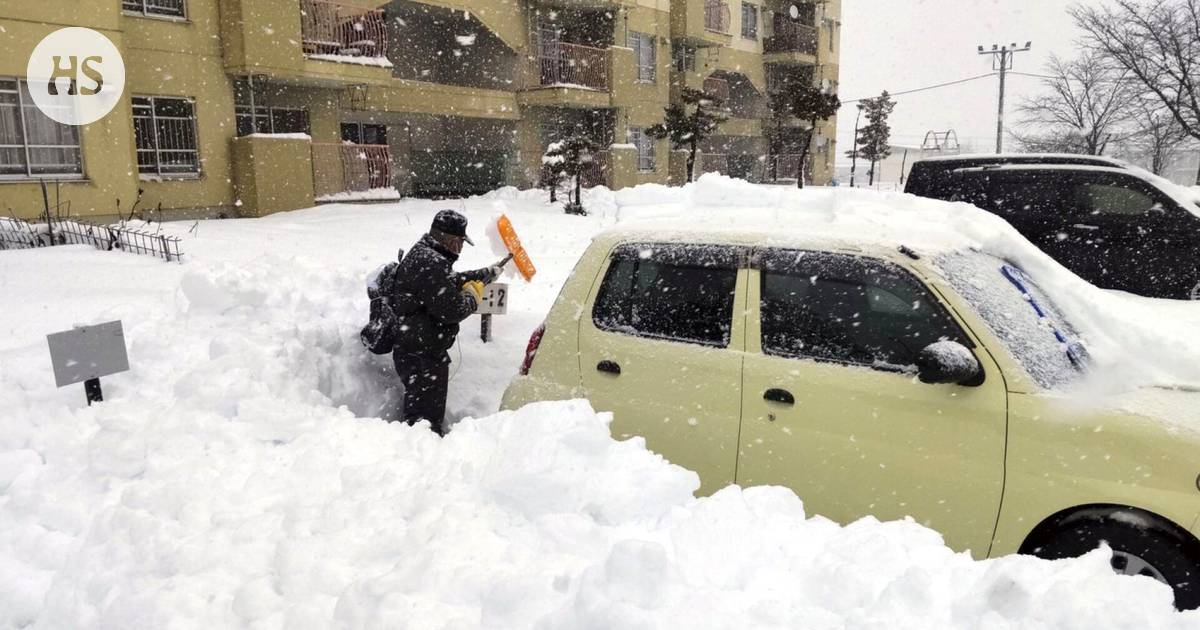The right to know one’s biological origin is an essential part of the protection of privacy, and the Supreme Court justified an exceptional solution.
Supreme the court (KKO) has been ordered to open the grave for paternity examination. The purpose is to investigate who is the father of a child born out of wedlock in 1957.
The presumed father was once obliged to pay child support, but he was not confirmed as the child’s father. When the man died in 2011, the alleged daughter demanded that the man be confirmed as his biological father.
The woman relied on, among other things, the decision on maintenance obligations, her contact with the alleged father, similarity and a blood type test supporting the relationship.
The man’s widow opposed the claim. He stated that there was no forensic genetic confirmation or other evidence of the man’s paternity. In his view, the child could also have brought the action while the alleged father was alive, in which case a forensic genetic examination could have been carried out.
According to the KKO, the woman’s passivity did not deprive her of the right to bring an action. At the time of the woman’s birth, the child or her mother did not have the right to bring an action to establish paternity, but the opportunity for children born out of wedlock only came with the Paternity Act in the 1970s.
Even then, the law limited the five-year transition period. After all, the woman had imagined that because of the maintenance obligation, the man had been confirmed as her father.
His death after the supposed father was cremated. The man had no siblings and his married child had died childless.
The man’s parents were the only option to find out. They died in 1967 and 1984.
According to the Forensic Genetic Paternity Examination Act, paternity examination may not be performed on a buried deceased. For this reason, both the district and appellate courts dismissed the request to open the graves of the presumed grandparents.
KKO now came to a different position.
In its preliminary ruling The KKO emphasized that the right to know one’s biological origin is an essential part of the protection of privacy.
“The passage of time does not mean that the child’s need to know and know both parents and to have their fatherhood confirmed will disappear, but may even increase.”
This right may not be exercised if the law does not allow for a sufficiently extensive forensic genetic paternity test.
The KKO stated that a literal interpretation of the law in this case would be in conflict with the protection of privacy guaranteed by the Constitution and the European Convention on Human Rights.
The KKO referred to the case law of the European Court of Human Rights (EIT). It states that a State Party has an obligation to safeguard the right to establish biological origin. The obligation also applies to relations between private individuals.
The Finnish law banning the use of a buried deceased for paternity testing was enacted before the EIT ruled on a very similar case in Switzerland. In it, Switzerland was considered to have violated the protection of privacy by prohibiting the opening of a grave for paternity research.
For this reason, the KKO ordered that the graves of the parents of the man presumed to be the father be opened so that tissue samples could be taken from the deceased for a forensic genetic paternity examination.
Thereafter, the case concerning the confirmation of paternity continues in the district court.
.
#Legal #proceedings #Supreme #Court #ordered #tomb #opened #paternity #research



/cloudfront-eu-central-1.images.arcpublishing.com/prisa/BNNMCTFNLNBY7IYW3AAZARCCNU.png)
/cloudfront-eu-central-1.images.arcpublishing.com/prisa/N427Z5HVMKHZ4LX3RDPZBBQGGA.jpg)


